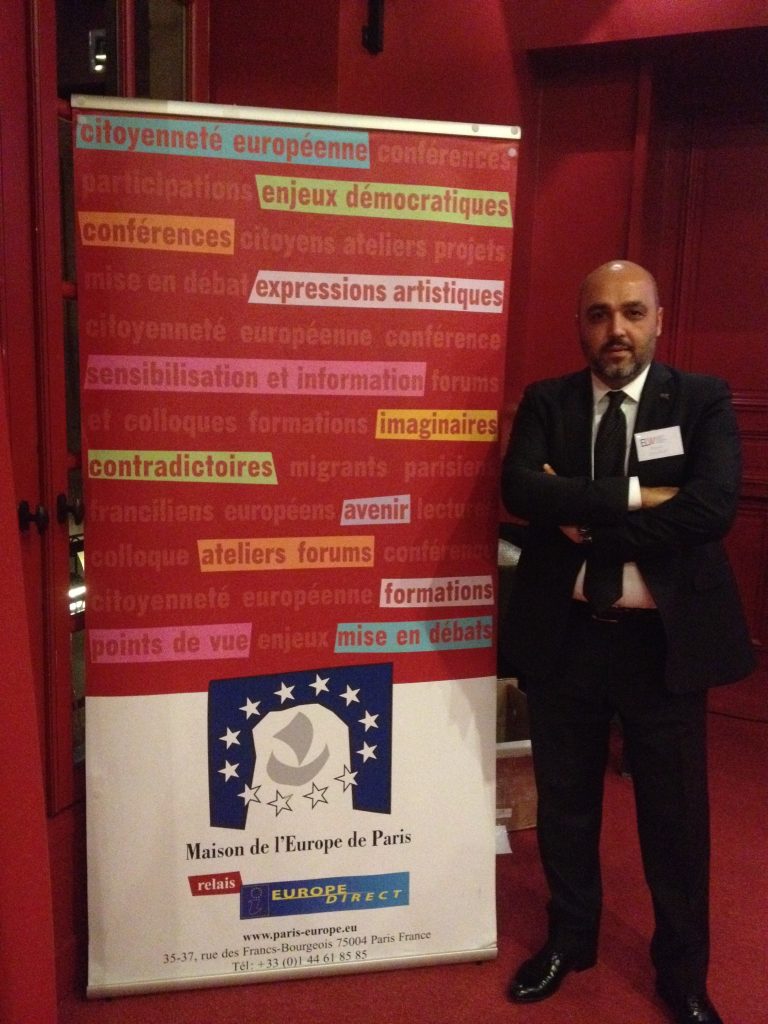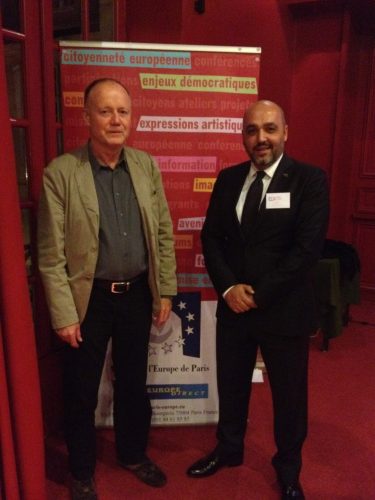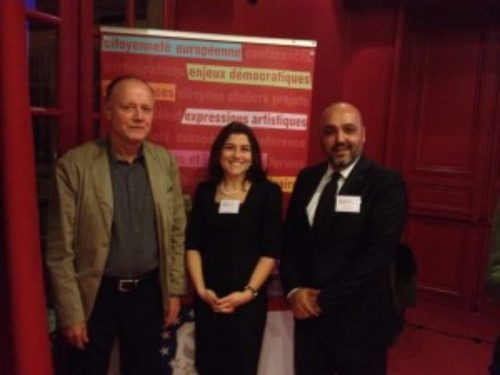The Conference “6 Years of Austerity and the Impact on Collective Bargaining” was held by European Lawyers for Workers Network in Paris, France in 15thNovember, 2014.Many important professors from the world’s leading universities and trade unions took part in the conference as speakers and shared their valuable thoughts and determinations regarding employees’ problems in the scope of collective agreements and collective bargaining rights.Keith Ewing from Kings College London, Isabelle Schoemann from European Trade Union Institute, Filip Dorssement from Universite Catholique de Louvain, Reingard Zimmer from Berlin School of Economics, Pascal Lokiec from Universite Paris Ouest and Antonio Garcia Munoz from Castilla La Mancha University submitted their speeches.The most essential subject of the Conference was mainly how to defend the workers’ rights, especially in the era of austerity. It has been seen that European Countries have taken many urgent and vital precautions and these precautions affect workers.European countries have started to change the collective bargaining procedures, decrease the workers’ rights while increasing the flexibility of the employers.Especially, Spain, Portugal and Greece have made essential changes in their collective bargaining rules. In this respect, the affects of these changes can be seen clearly. For instance, in Portugal since 2008 the number of employees that are protected by the collective agreements has decreased. Just like Portugal, the number of collective agreements has also decreased in Spain.European countries have signed free trade agreements with countries like Canada, United States, Korea and in these agreements it is stated that these countries will abide the rules of International Labor Organization, but the main problem is that these Countries have not signed all the sub protocols of the ILO. For that reason as foreign employers they will not be dependent on the ILO rules and the rights of the workers will not be protected.In this respect all of the workers in the countries especially the European countries, shall be aware of the restrictions in the procedure of collective bargaining and collective agreements and defend their rights and privileges.
The Conference “6 Years of Austerity and the Impact on Collective Bargaining” 15th November 2014






